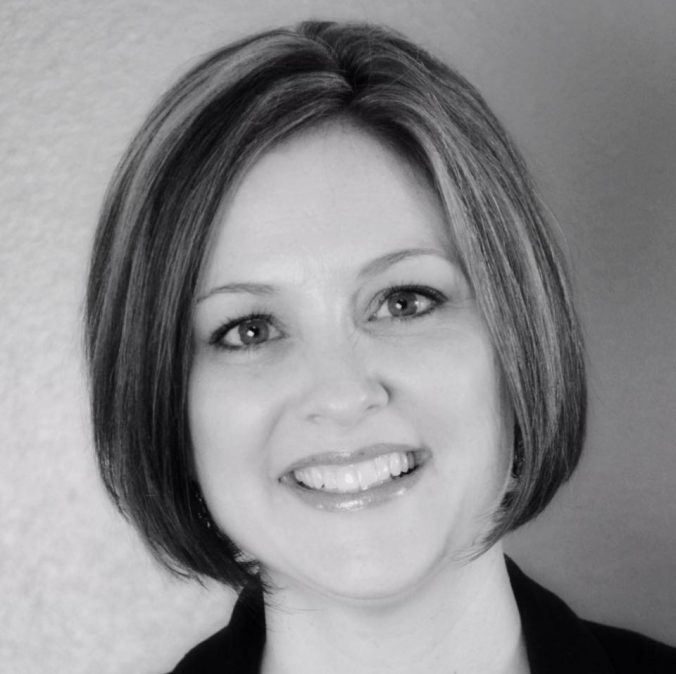- Tell us about yourself: Barbara Casey, Principal Certification, 2017
- What are you doing now?: I recently accepted the position of Lead Behavior Specialist for Walla Walla Public Schools. I will lead & supervise the newly formed district behavior team in support of our district’s commitment to support the social emotional growth of all students.
- Why did you choose a program in the School of Education at Gonzaga? I attended Gonzaga for my undergraduate degree in Special Education, so I already knew I’d receive a high quality education for my administrative certificate. Gonzaga holds many of my best memories as a young student, and that was certainly added to in this program. The unwavering commitment to developing the whole person is unique at GU and what ultimately brought me back.
- What influenced you the most during your time at Gonzaga? In this program, what influenced me most was my peers. Dr. Cindy Johnson accepts exceptional candidates into her program. My cohort peers were incredible educators who pushed me to think deeper, take action, and learn more!
- What was your greatest lesson learned at Gonzaga? This program deepened my belief in shared leadership. Gonzaga is a university focused on developing people, and my budding career in administrative leadership is rooted in developing others for the sake of student learning. I learned the importance of communication, ethical decision making, and identifying strengths in others.
- What is the most rewarding aspect of working in your field? Most challenging? Without a doubt, the most rewarding aspect of working in education is witnessing student growth as a result of decisions made by adults.
Currently, I most value supporting staff members in learning new skills they can apply to positively support student behavior. The most challenging aspect in my current position is definitely ensuring that all student behavioral needs are met in ways that honor their basic rights to education with their non-disabled or behaviorally-challenged peers, while protecting the learning environment for every student.
Resources are challenging to come by, and ensuring the resources we do have are utilized in ways that are strategic and effective, without overburdening classrooms teachers, is challenging. I’m thankful my district is prioritizing social emotional health as we move forward.
7. What critical issues do you see that need to be addressed in your field? Most apparent right now is the McCleary decision and our state’s need to agree upon a budget that protects student rights to their education. Ensuring that teachers are properly trained to teach is also a critical issue. Teacher shortages are for certain, a concern.Teaching is not something anyone can do. Educating students requires extensive background knowledge in child development, understanding how learning happens, and how to enrich experiences for students.
8. What advice do you have for future education professionals? Always stay focused on your WHY. Know why you enter the field, and when times are challenging, stay focused on the fact that children are the most important work. And always take time to listen. Listen to colleagues, listen to your community, listen to families, and most importantly, listen to your students. There will be plenty of time for talking, but in order to really make an impact, you must know what those around you think!

Leave a Reply